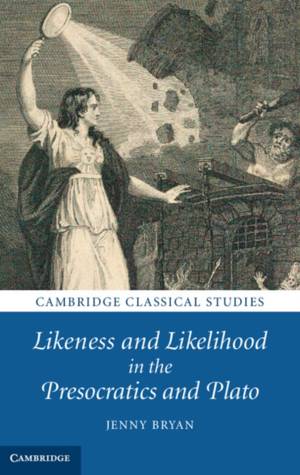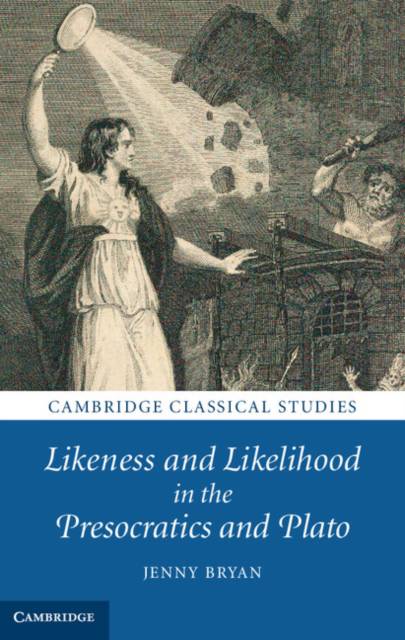
Je cadeautjes zeker op tijd in huis hebben voor de feestdagen? Kom langs in onze winkels en vind het perfecte geschenk!
- Afhalen na 1 uur in een winkel met voorraad
- Gratis thuislevering in België vanaf € 30
- Ruim aanbod met 7 miljoen producten
Je cadeautjes zeker op tijd in huis hebben voor de feestdagen? Kom langs in onze winkels en vind het perfecte geschenk!
- Afhalen na 1 uur in een winkel met voorraad
- Gratis thuislevering in België vanaf € 30
- Ruim aanbod met 7 miljoen producten
Zoeken
Omschrijving
The Greek word eoikos can be translated in various ways. It can be used to describe similarity, plausibility or even suitability. This book explores the philosophical exploitation of its multiple meanings by three philosophers, Xenophanes, Parmenides and Plato. It offers new interpretations of the way that each employs the term to describe the status of his philosophy, tracing the development of this philosophical use of eoikos from the fallibilism of Xenophanes through the deceptive cosmology of Parmenides to Plato's Timaeus. The central premise of the book is that, in reflecting on the eoikos status of their accounts, Xenophanes, Parmenides and Plato are manipulating the contexts and connotations of the term as it has been used by their predecessors. By focusing on this continuity in the development of the philosophical use of eoikos, the book serves to enhance our understanding of the epistemology and methodology of Xenophanes, Parmenides and Plato's Timaeus.
Specificaties
Betrokkenen
- Auteur(s):
- Uitgeverij:
Inhoud
- Aantal bladzijden:
- 218
- Taal:
- Engels
- Reeks:
Eigenschappen
- Productcode (EAN):
- 9780521762946
- Verschijningsdatum:
- 8/12/2011
- Uitvoering:
- Hardcover
- Formaat:
- Ongenaaid / garenloos gebonden
- Afmetingen:
- 145 mm x 216 mm
- Gewicht:
- 430 g

Alleen bij Standaard Boekhandel
+ 345 punten op je klantenkaart van Standaard Boekhandel
Beoordelingen
We publiceren alleen reviews die voldoen aan de voorwaarden voor reviews. Bekijk onze voorwaarden voor reviews.









